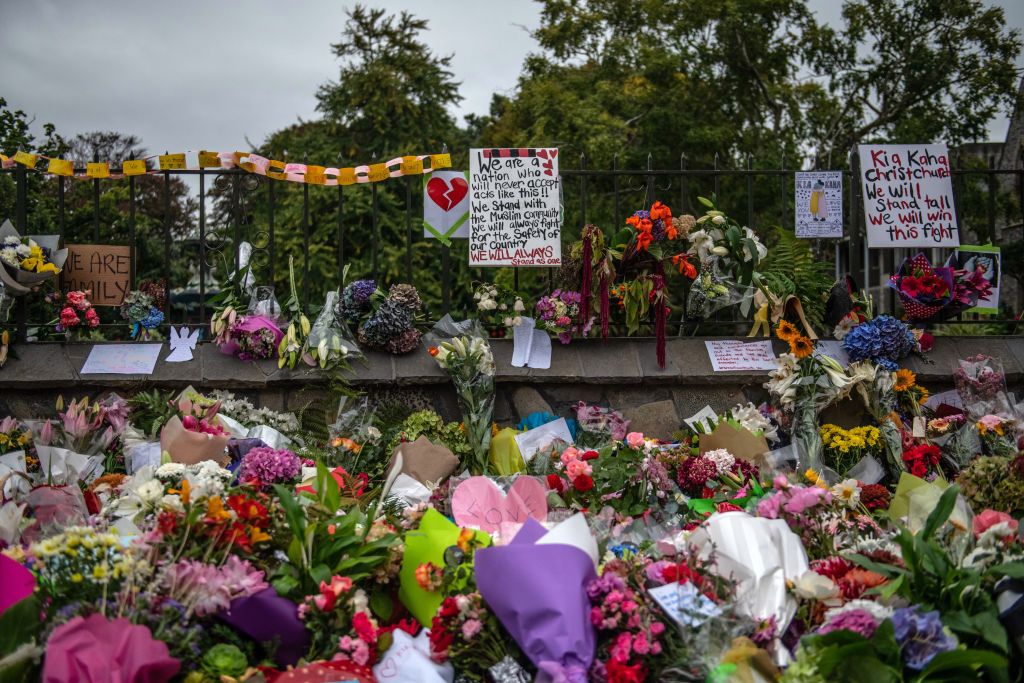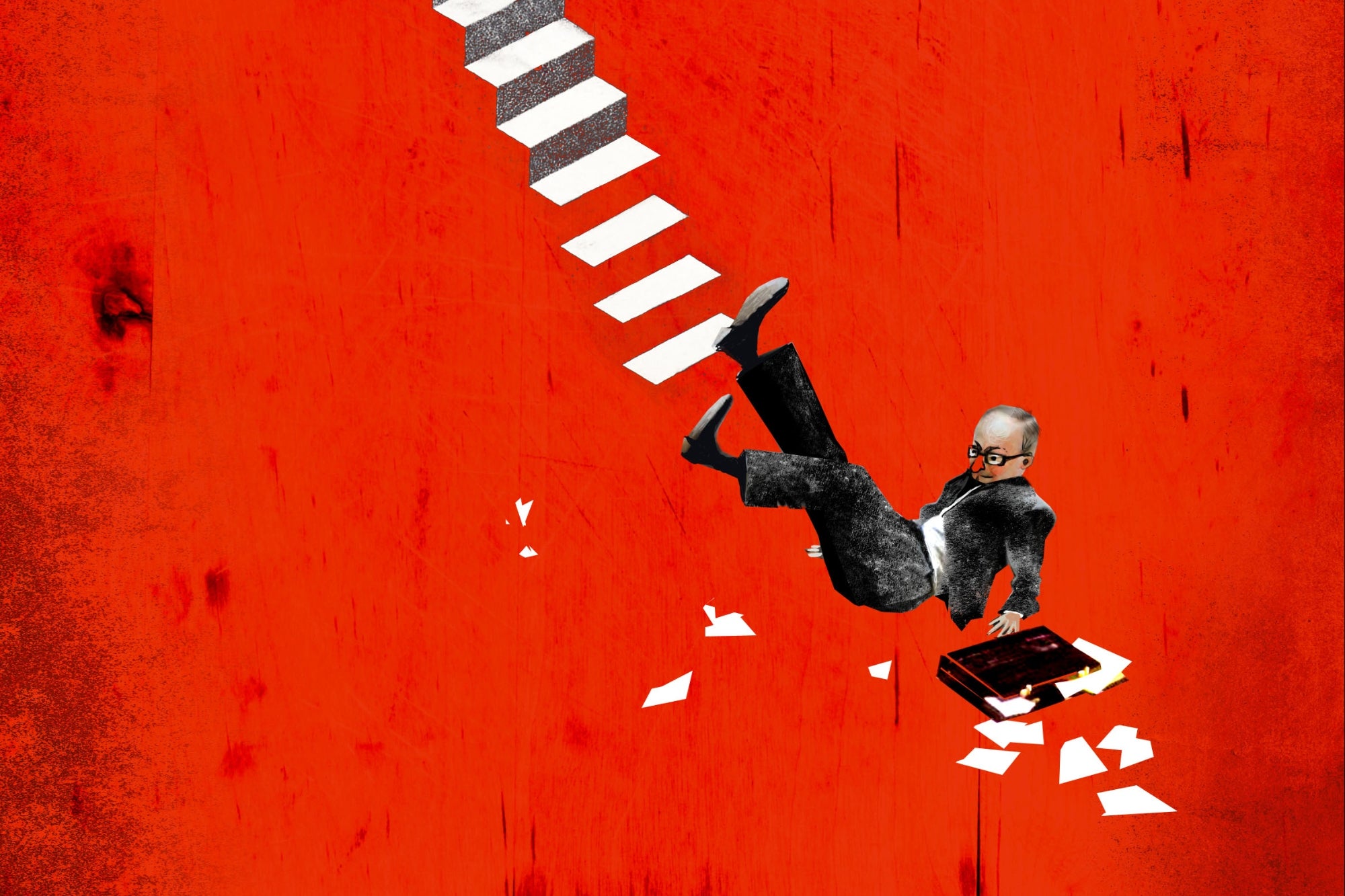The viral videos showing the New Zealand mosque shootings demonstrate the ever-present risk of what happens when technology spins out of control
Slowing innovation isn’t the answer, unless we want a return to The Dark Ages. But a day of reckoning awaits the tech industry if it continues to put profits ahead of the public’s safety, privacy and well-being.
It’s not just the right thing to do. With self-driving vehicles and artificial intelligence on the horizon, trust in tech is essential for its long-term business survival.
Tech leaders must pay greater attention to the potential dangers of The Next Big Thing. A thriving innovation economy demands that entrepreneurs voluntarily impose rules to protect the public. Or, government will be forced to step in.
Live-streaming of horrific crimes like Friday’s New Zealand massacre was entirely predictable. Social media companies have been promising for years to reduce hate-related content on their platforms. But to date, that effort has been ineffectual.
YouTube’s response to the Christchurch slaughter was especially lame: “Our hearts are broken over today’s terrible tragedy in New Zealand. Please know we are working vigilantly to remove any violent footage.” It’s the equivalent of gun manufacturers offering their “thoughts and prayers” to victims of the latest mass shooting.
The New Zealand gunman had spewed out 60 messages of hate in advance of the shooting, more than half on YouTube, but the company did too little to shut them down — even after the shootings. That’s pathetic.
Facebook was just as complicit. Footage of the 17-minute mosque attack was live-streamed on the social media platform, which has morphed from a place to stay in contact with friends and families into a venue for political manipulation and recruitment of terrorists.
The company has removed more than 1.5 million copies of the New Zealand video, but millions more were viewed around the world. Facebook has lots of excuses. It says it has some 15,000 monitors of online content and that it can’t hire enough people to monitor the massive amounts of online live-streaming available today.
The company uses its monitors and viewers to alert them to inappropriate material that merits removal. Clearly, that’s insufficient. The weaknesses of the current system are too easy to exploit.
For years tech was one of the nation’s most trusted industries. But polls show that trust is waning. They also show more people calling on the government to regulate the industry. Tech leaders can’t wait another day to begin restoring the consumer trust their industry requires to thrive.










